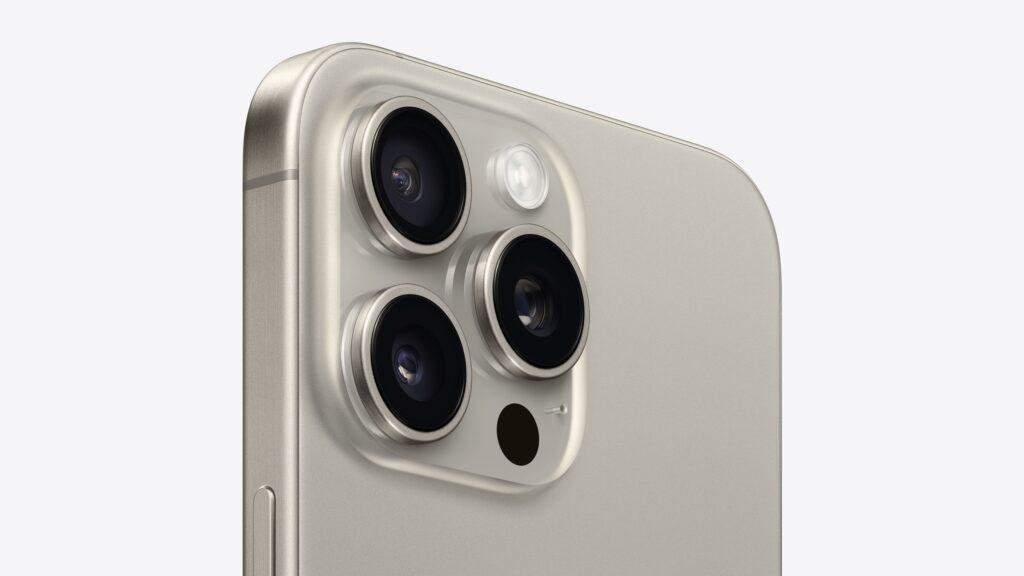Apple eSIM-Only Strategy
Apple is reportedly preparing to extend its eSIM-only strategy internationally with the launch of the iPhone 17 Air, following its initial U.S. debut. According to a report by The Information, Apple is considering expanding this eSIM-exclusive approach to other countries, starting with the iPhone 17 Air.
iPhone 17 Air’s Design Innovations and Challenges The iPhone 17 Air is set to be one of Apple’s thinnest smartphones ever, with prototypes measuring just 5 to 6 millimeters in thickness. This would make it notably slimmer than the iPhone 16, which measures 7.8 mm. If confirmed, the iPhone 17 Air would rival the iPhone 6’s 6.9 mm profile, marking a significant achievement in design.
However, achieving such a slim profile has come with engineering challenges. Apple’s design team is reportedly facing difficulties fitting essential components like the battery and thermal materials into the compact frame. The device may also feature only a single earpiece speaker, a trade-off necessitated by space constraints, as there is no room for the dual speakers seen in recent models. Additionally, the iPhone 17 Air will likely feature a single rear camera, positioned in a prominent centered bump, diverging from the typical dual or triple-camera setups of its predecessors.

Apple’s In-House 5G Modem The iPhone 17 Air is also expected to be one of the first to feature Apple’s custom-designed 5G modem. While this new modem provides improved power efficiency, it is said to fall short of Qualcomm’s offerings in terms of speed and connectivity, particularly lacking support for mmWave 5G, which facilitates faster speeds in certain areas.
eSIM Expansion and Regulatory Hurdles in China Apple’s push for a global eSIM adoption could face challenges, particularly in China. The eSIM technology has been touted as a more secure and convenient alternative to physical SIM cards, offering benefits like easier management of multiple numbers and enhanced security since it cannot be removed if the device is lost or stolen.
However, China still mandates the use of physical SIM trays as part of its real-name registration system, which could pose significant obstacles to the iPhone 17 Air’s release in the region. Unless Apple secures approval for eSIM adoption, the device may face delays in the Chinese market.
Currently, the iPhone 17 Air is in early production trials at Foxconn and has reached proto-2 status, with the final design expected to be ready by mid-2025. Its global release, particularly in China, will likely depend on overcoming these regulatory challenges surrounding eSIM technology.
